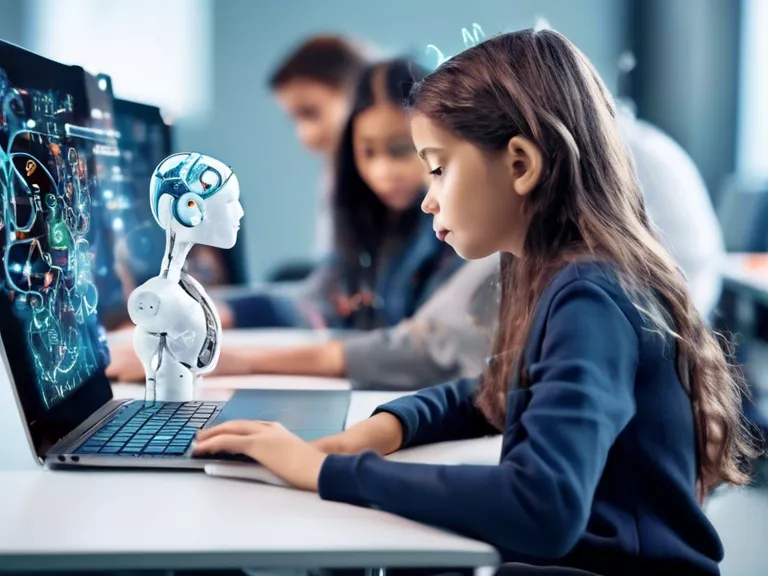
With the rapid advancements in technology, the future of education is being reshaped by the integration of artificial intelligence (AI). One of the key applications of AI in education is predictive analytics, a tool that can revolutionize how educators provide tailored support to students. By analyzing data from various sources, AI can predict student performance, behavior, and needs, allowing teachers to intervene proactively and customize learning experiences for each individual student.
Predictive analytics in education can be used to identify students who are at risk of dropping out or falling behind. By analyzing factors such as attendance, grades, engagement, and even social and emotional health, AI can alert teachers of potential issues before they escalate. This early intervention can help educators provide targeted support and interventions to students who need it most, ultimately improving student outcomes and retention rates.
Furthermore, AI can personalize learning experiences for students by adapting curriculum, assignments, and assessments to match their individual learning styles and preferences. By analyzing student data and performance in real-time, AI can provide immediate feedback and recommendations to both students and teachers, enhancing the learning process and promoting student success.
In addition to personalized support, predictive analytics can also help schools and institutions make informed decisions based on data-driven insights. By analyzing trends and patterns in student data, educators can identify areas for improvement, optimize resources, and enhance overall institutional effectiveness.
As AI continues to evolve and improve, the possibilities for predictive analytics in education are endless. By harnessing the power of data and technology, educators can provide more personalized, efficient, and effective support to students, ultimately shaping the future of education.



